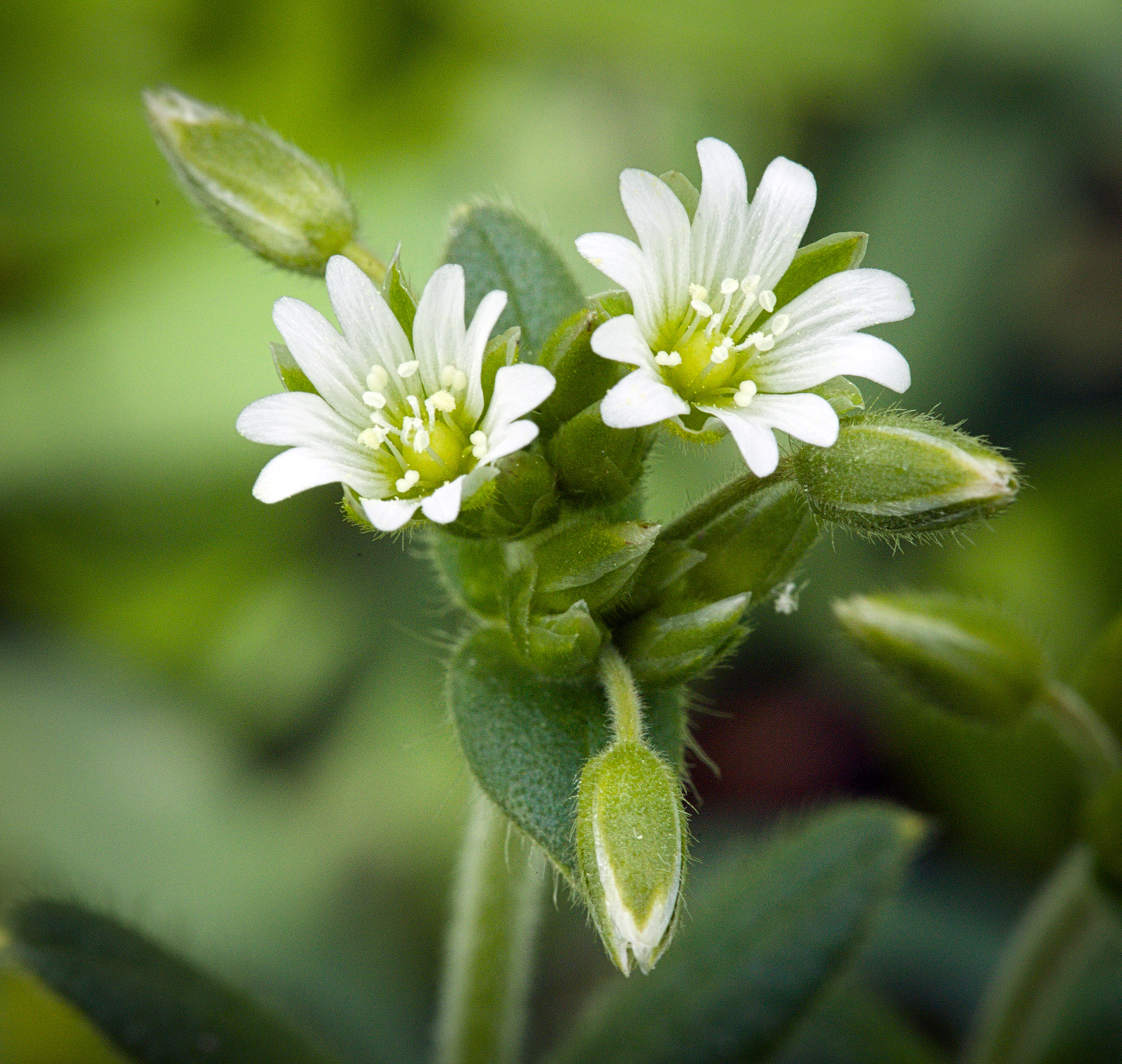Chickweed, scientifically known as Stellaria media, is a delicate herbaceous plant that belongs to the Caryophyllaceae family. It is native to Europe, but now widely distributed in temperate regions around the world. Chickweed has a long history of traditional medicinal use and is valued for its various health benefits. In this comprehensive guide, we will explore the benefits, side effects, precautions, and dosage recommendations associated with chickweed.
Benefits of Chickweed:
- Anti-inflammatory Properties: Chickweed has been traditionally used as an anti-inflammatory herb. It contains active compounds such as saponins and flavonoids that possess anti-inflammatory properties, which may help reduce inflammation in the body. This makes it potentially beneficial for conditions like arthritis, joint pain, and skin irritations.
- Skin Health: Chickweed is often used in topical preparations for its soothing and cooling effects on the skin. It can help relieve itching, rashes, eczema, and minor burns. The herb’s high mucilage content provides a protective layer on the skin, aiding in healing and reducing inflammation.
- Weight Management: Chickweed is sometimes included in weight loss and detoxification formulas due to its diuretic and mildly laxative properties. It may help eliminate excess water retention and support bowel regularity. However, it’s important to note that chickweed alone is not a magic solution for weight loss, and a balanced diet and exercise are essential for achieving healthy weight management.
- Nutritional Content: Chickweed is rich in essential nutrients such as vitamins (A, B, C, and E), minerals (iron, magnesium, and calcium), and antioxidants. These nutrients support overall health and can boost the immune system.
- Digestive Support: Traditionally, chickweed has been used to promote healthy digestion. Its demulcent and emollient properties can help soothe the digestive tract and alleviate symptoms of indigestion, gastritis, and gastric ulcers.
Side Effects and Precautions:
While chickweed is generally safe when used appropriately, there are a few precautions to consider:
- Allergic Reactions: Some individuals may be allergic to chickweed. If you have a known allergy to plants from the Caryophyllaceae family, such as carnations or pinks, it is advisable to avoid chickweed.
- Pregnancy and Breastfeeding: There is limited research on the safety of chickweed during pregnancy and breastfeeding. To err on the side of caution, it is recommended that pregnant or breastfeeding women avoid using chickweed unless specifically directed by a healthcare professional.
- Drug Interactions: Chickweed may interact with certain medications, such as blood thinners or anticoagulants. If you are taking any prescription medications, consult with your healthcare provider before using chickweed to avoid potential interactions.
Dosage Recommendations:
- Chickweed can be consumed internally as a tea, tincture, or in the form of capsules. It can also be applied topically as a poultice or included in creams and ointments. Here are some general dosage guidelines:
- Tea: Steep 1-2 teaspoons of dried chickweed in a cup of hot water for 10-15 minutes. Drink up to three cups per day.
- Tincture: Follow the dosage instructions provided on the product label. Typically, 2-4 ml of tincture can be taken three times a day.
- Capsules: Follow the dosage instructions provided by the manufacturer. Dosages may vary depending on the concentration of the active constituents.
- Topical Use: Apply chickweed preparations to the affected area as needed, following the instructions on the product label or as advised by a healthcare professionl.
- It’s important to note that individual responses to herbal remedies may vary. It is always recommended to start with a lower dose and gradually increase if needed, while monitoring your body’s response.
Conclusion:
Chickweed is a versatile herb that offers several potential health benefits, particularly in terms of its anti-inflammatory properties, skin health support, weight management, nutritional content, and digestive support. However, it is essential to exercise caution and consider any potential allergic reactions, drug interactions, and specific precautions, especially during pregnancy and breastfeeding. If you are considering using chickweed for any specific health condition, it is advisable to consult with a qualified healthcare professional to ensure its safe and effective use.

